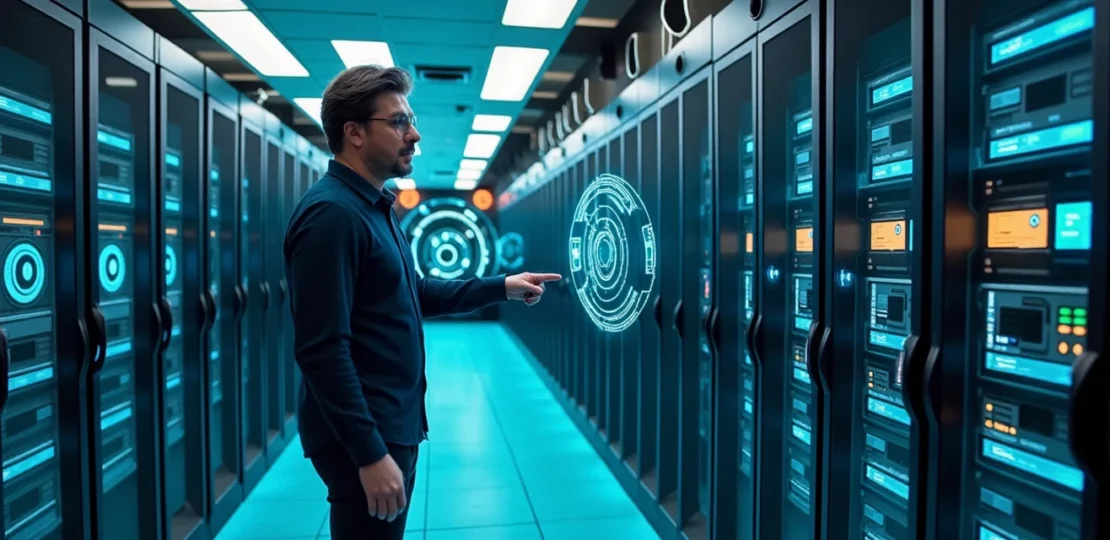The U.S.’s Bold Plan to Dominate Global AI Infrastructure
January 15, 2025 | by Matos AI

In today’s AI Bulletin, we’ll look at some key developments that show how the United States is positioning itself to lead the global race for AI infrastructure. The past 24 hours have been marked by significant announcements that deserve our attention.
President Joe Biden signed an executive order focused on the accelerated development of AI infrastructure in the United States. The plan is ambitious and includes the construction of large data centers and new clean energy facilities to support the exponential growth of AI technologies.
In coordinated movement, OpenAI published an “economic blueprint” calling on the US government to “take massive action” in the field of AI. The document highlights the need to create special economic zones and modernize the country’s energy infrastructure.
Join my WhatsApp groups! Daily updates with the most relevant news in the AI world and a vibrant community!
- AI for Business: focused on business and strategy.
- AI Builders: with a more technical and hands-on approach.
But not everything is rosy in this scenario. A recent report warns of growing litigation risks related to AI, especially with the emergence of new regulations such as the European Union's AI Act.
On the national security front, the US government is implementing initiatives to strengthen its leadership in AI, including new regulations to facilitate the sale of AI chips to allied countries.
And speaking of chips, TSMC emerges as a key player in this scenario, with projections to triple its AI-related revenues and introduce new manufacturing technologies.
Why is this important?
In my 25+ years working in technology and innovation, I have rarely seen a movement as coordinated and ambitious as this one. What we are witnessing is a clear demonstration that the US understands that AI infrastructure is as fundamental as the railroads were in the 19th century or the internet in the 20th century.
In my experience supporting startups and technology companies, I can say that infrastructure bottlenecks are one of the main challenges for AI innovation. It’s not enough to have good ideas and talent – you need to have the physical infrastructure to process increasingly complex AI models.
For us in Brazil, this brings up important reflections. We need to think about how we will position ourselves in this new global scenario. In my work with public policies, I have always argued that Brazil needs a clear strategy to not fall behind in the AI revolution.
What to expect?
- Significant increase in investments in AI infrastructure in the coming years
- Increased pressure on other countries to develop their own AI strategies
- Growing demand for AI infrastructure professionals
- Need to balance innovation with responsible regulation
This moment demands attention and strategic action. As I always say in my mentoring and consulting sessions: the future of AI will not be decided only by who has the best algorithms, but mainly by who builds the most robust and efficient infrastructure to run them.
✨Did you like it? You can sign up to receive 10K Digital's newsletters in your email, curated by me, with the best content about AI and business.
➡️ Join the 10K Community here
RELATED POSTS
View all



